We often use words without stopping to understand their value. This is the case when we talk about passion. What do we mean when we say that we are passionate about something, that amateurs (nowadays more frequently called masters), for example, are passionate about swimming, running or cycling. That is, that I do the work I’ve always wanted to do.
Passion consists of a particularly strong motivation towards a well-defined activity, it is very useful to understand what drives to training, study or work. A survey conducted in 2019 had highlighted that 55% of Italians are satisfied with their work. satisfaction is at a lower level than passion although positive and determined by experiences evaluated as rewarding.
Passion emerges in those jobs that involve a certain degree of creativity and are perceived by those who perform them as more exciting, since they require autonomy, decision-making skills and divergent reasoning. Those who consider it necessary to introduce innovative factors into their professional experiences, as opposed to those who make more conservative choices, are certainly among those who perform work with passion. Athletes who have succeeded in turning their passion for their sport into a job fall into this category. Outside the work context, those who are engaged in activities driven by the pleasure they provide, from which they derive no gain or material recognition, are individuals turned to cultivating a passion.
Like any psychological dimension, passion can be interpreted in a constructive and pleasant way and in another more negative way, in this case we can talk about:
Harmonious passion, it is based on autonomous motives. pleasure and the feeling of mastery.
Obsessive passion, consists in feeling obliged or compensate for other aspects of the personality. Reduces concentration. Obstructs self-regulation.
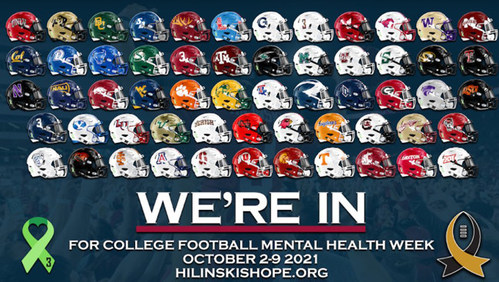
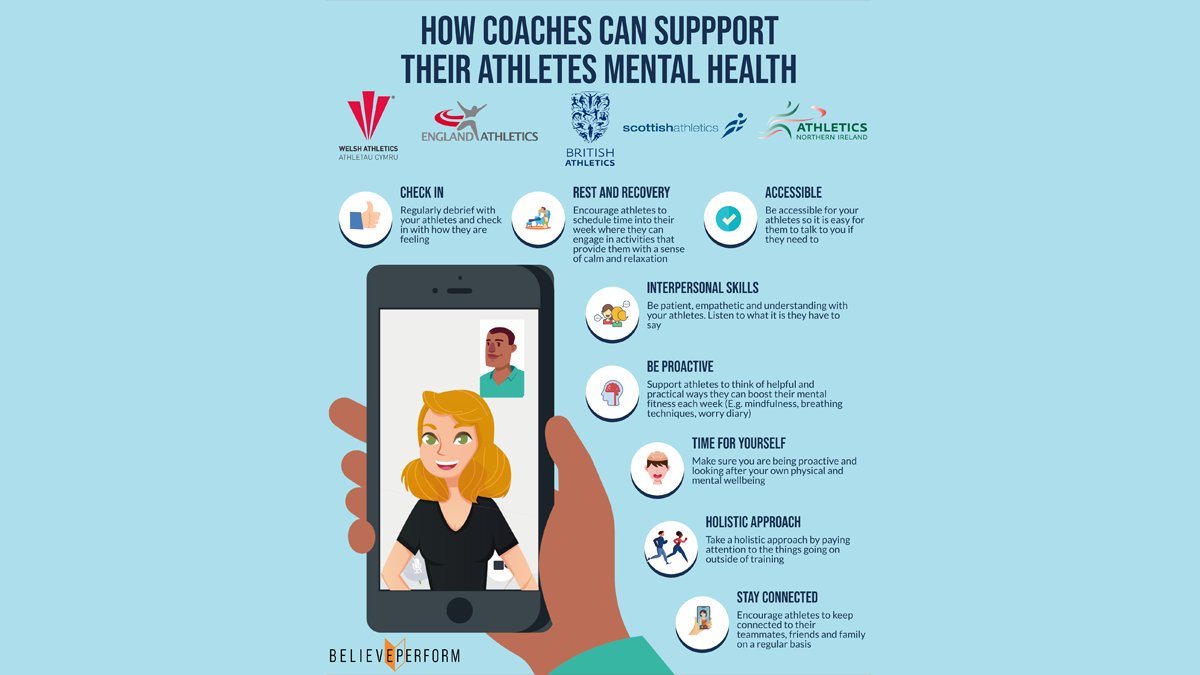
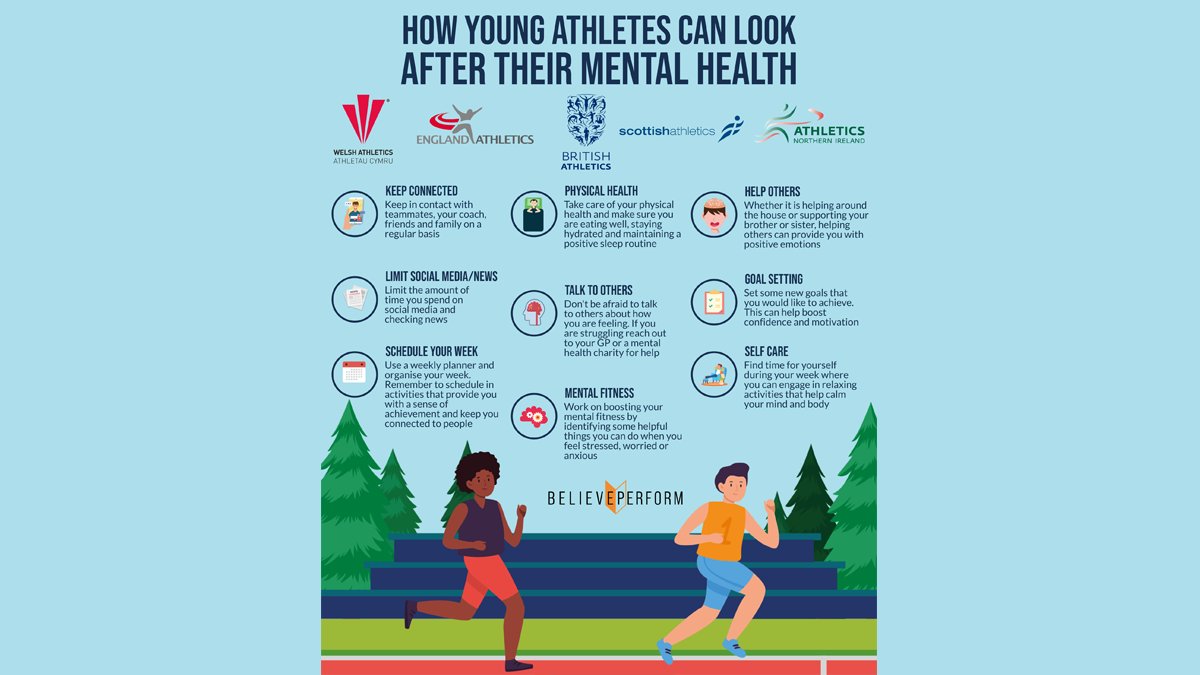
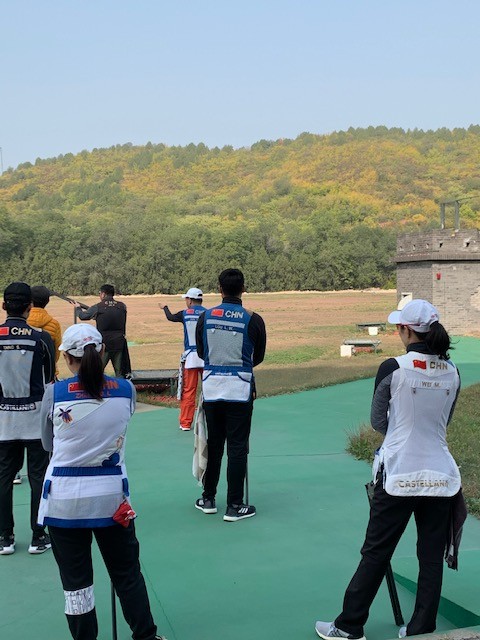
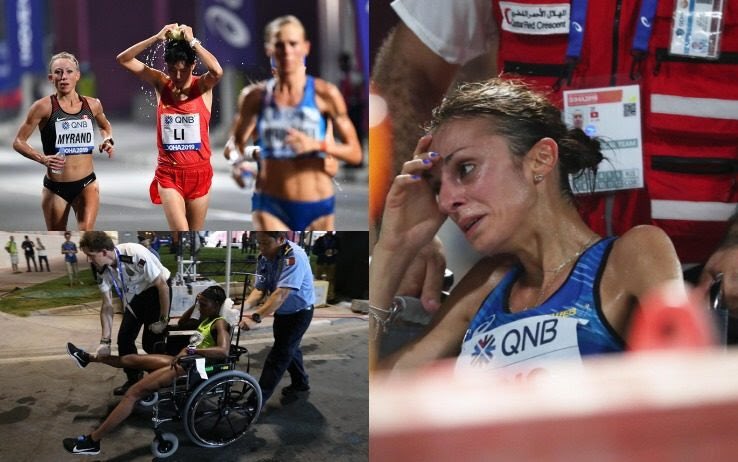
/arc-anglerfish-tgam-prod-tgam.s3.amazonaws.com/public/NEJHTLYRUFBYFJKJ7VLPU347QU)




